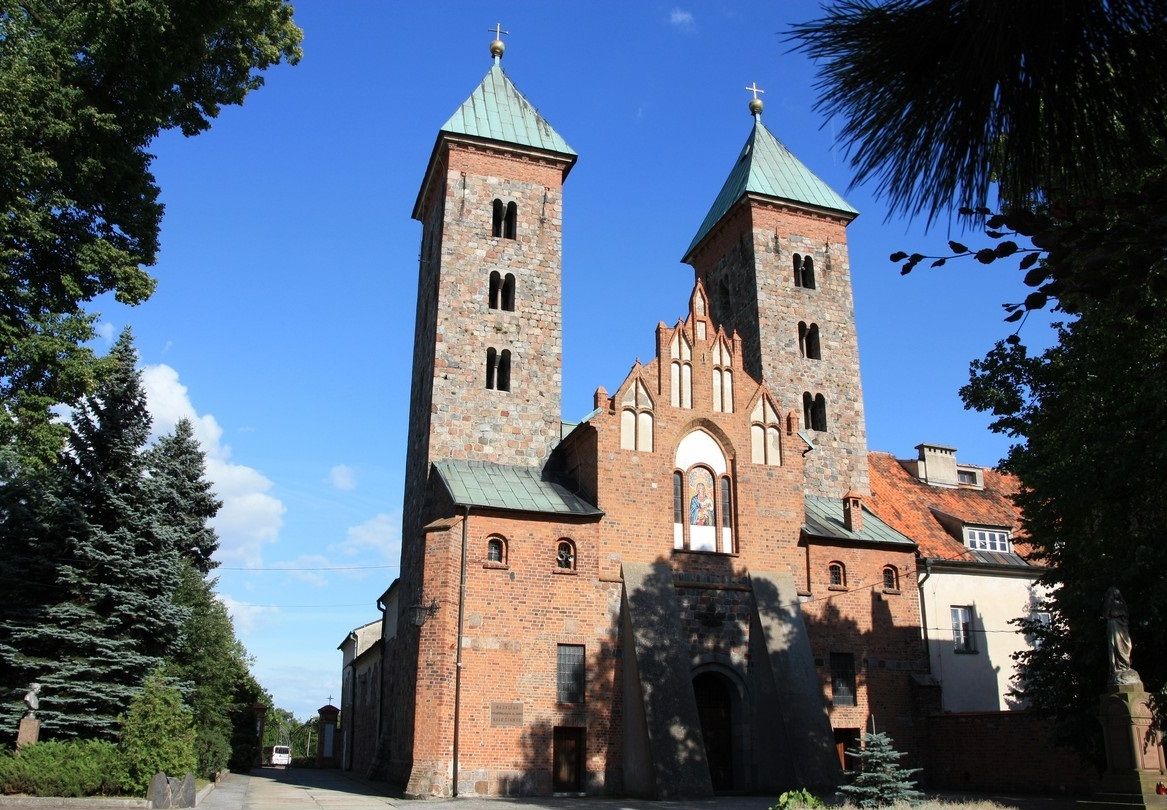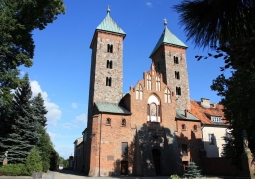Romanesque church of the Annunciation - Czerwińsk
No weather data
0.0 /5
Number of ratings: 0
It was created in the 12th century from granite blocks as a basilica with two quadrangular towers. In 1328, as a result of fire, the church was partially rebuilt. Then, in the 15th and 16th centuries, the interior of the temple was changed into a Gothic style, rebuilt, among others facade. In the 17th century Romanesque columns and pillars were bricked and plastered, a new music choir was created. At the beginning of the 20th century, a Romanesque portal from the 12th century was reconstructed. It was here that King Władysław Jagiełło prayed before the battle with the Teutonic Knights in 1410.
Komentarze
No results
Nearby places
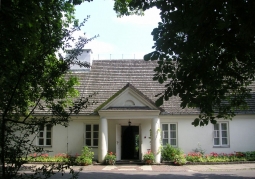
Fryderyk Chopin's Birth House - Żelazowa Wola
Category: MuseumsThe Biographical Museum in Żelazowa Wola, near Sochaczew, which is a branch of the Fryderyk Chopin Museum in Warsaw, which includes a manor house and a landscape park on the Utrata River. The manor house was built...
16 km
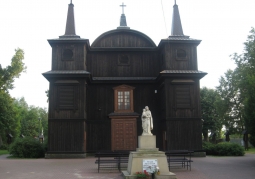
Church of the Assumption of the Blessed Virgin Mary - Kampinos
Category: ChurchesThe present church was built in the style of Polish Baroque in 1773-1782 from pine wood during the felling of old trees. The construction was started thanks to the efforts of priest Forset and completed on the...
18 km
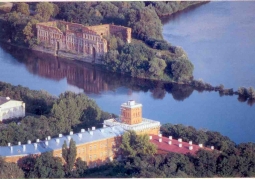
Modlin Fortress - Nowy Dwór Mazowiecki
Category: Defensive Fortifications and CastlesThe location of Modlin, at the confluence of the Vistula, Narew and Wkra rivers, gave this place outstanding defensive qualities, which was noticed by Napoleon himself who, after the creation of the Duchy of Warsaw,...
26 km
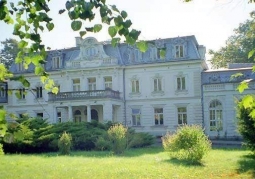
Goldstand Palace - Zaborów
Category: PalacesThe palace, originally owned by the Goldstand family, was built in 1901–1903 for the Warsaw financier Leon Feliks Goldstand and his wife Zofia Karnkowska, coat of arms Junosz, designed by architects Franciszek Lilpop...
29 km
Nearby places

Fryderyk Chopin's Birth House - Żelazowa Wola
Category: MuseumsThe Biographical Museum in Żelazowa Wola, near Sochaczew, which is a branch of the Fryderyk Chopin Museum in Warsaw, which includes a manor house and a landscape park on the Utrata River. The manor house was built...
16 km

Church of the Assumption of the Blessed Virgin Mary - Kampinos
Category: ChurchesThe present church was built in the style of Polish Baroque in 1773-1782 from pine wood during the felling of old trees. The construction was started thanks to the efforts of priest Forset and completed on the...
18 km

Modlin Fortress - Nowy Dwór Mazowiecki
Category: Defensive Fortifications and CastlesThe location of Modlin, at the confluence of the Vistula, Narew and Wkra rivers, gave this place outstanding defensive qualities, which was noticed by Napoleon himself who, after the creation of the Duchy of Warsaw,...
26 km

Goldstand Palace - Zaborów
Category: PalacesThe palace, originally owned by the Goldstand family, was built in 1901–1903 for the Warsaw financier Leon Feliks Goldstand and his wife Zofia Karnkowska, coat of arms Junosz, designed by architects Franciszek Lilpop...
29 km
